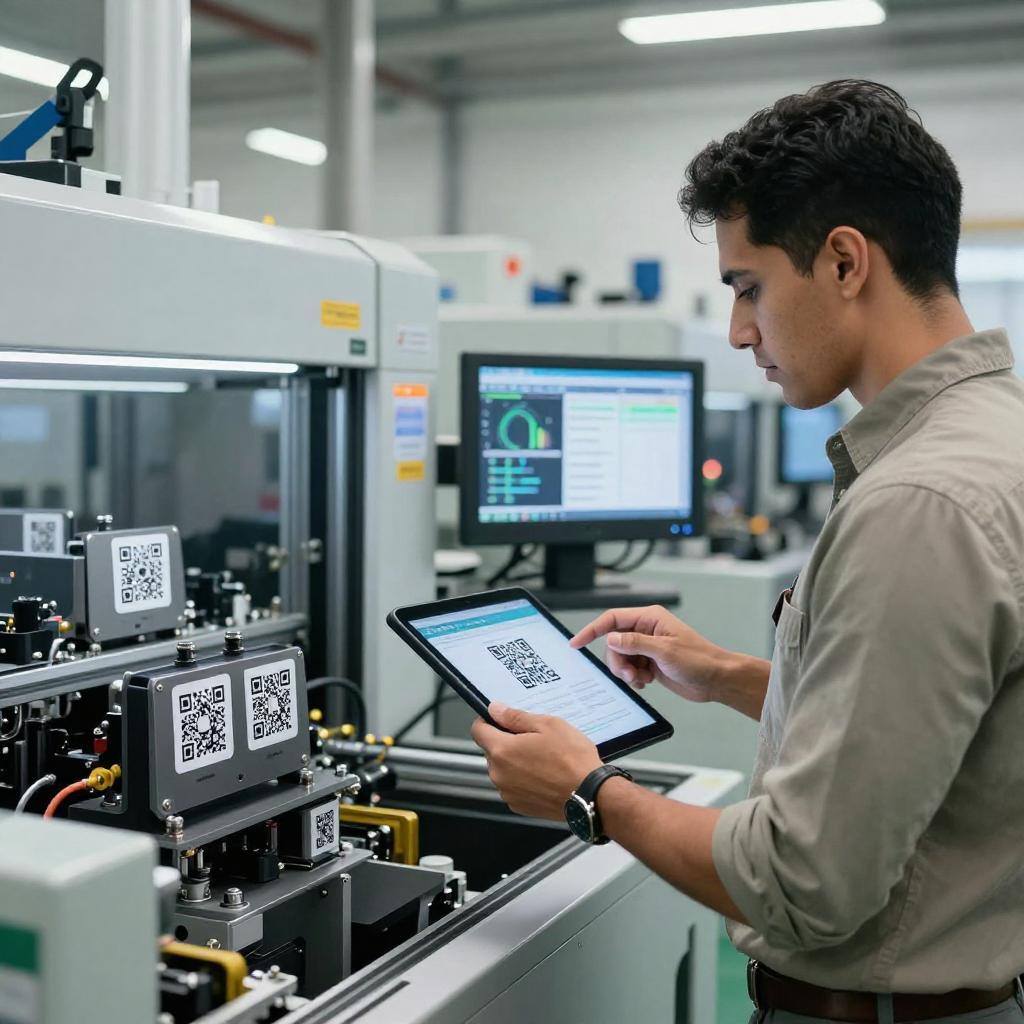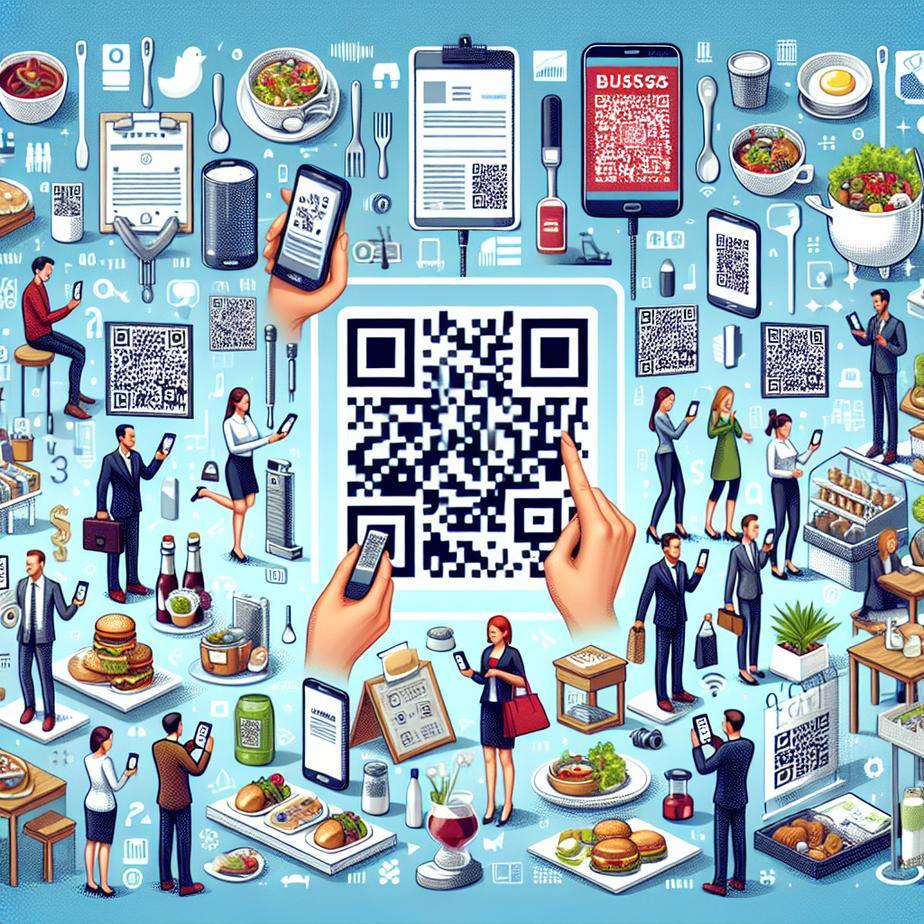

In an era defined by digital transformation tools, QR codes have emerged as a game-changer in how businesses operate. Far from being a simple scanning technology, QR codes are now central to enhancing customer engagement, streamlining transactions, and optimizing internal workflows. This blog explores how QR codes in business are revolutionizing modern marketing strategies and operational efficiency.
QR codes unlock dynamic and real-time content delivery, making them much more than static images. Businesses can update the linked information without changing the QR code itself, facilitating flexible marketing campaigns and personalized customer experiences. For instance, restaurants update menus instantly while retailers can swap promotional content with ease.
Contactless payments powered by QR codes have dramatically reduced cash handling and checkout times. Customers pay quickly and securely using smartphones, which not only enhances convenience but also lowers operational costs. Companies like Square and PayPal have integrated QR payment solutions that are transforming point-of-sale interactions across industries.
Embedding QR codes in product packaging, print media, or advertisements creates interactive experiences that deepen brand engagement. Consumers can access exclusive promotions, product demonstrations, or augmented reality experiences in seconds. This fusion of physical and digital marketing channels drives higher customer retention and loyalty.
QR codes have critical applications beyond customer-facing use cases. Unique QR codes on products enable real-time tracking throughout supply chains, improving inventory accuracy and reducing waste. Internal asset management also benefits from QR identification, simplifying equipment tracking, maintenance records, and employee access to relevant resources.
By replacing paper manuals, receipts, and catalogues with QR code linked digital versions, companies are embracing greener practices. This paperless shift supports sustainability goals and cuts down printing expenses, aligning business operations with modern corporate responsibility standards.
As the digital landscape evolves, QR codes are increasingly integrated with no-code business applications and augmented reality tools. This expansion allows businesses to create seamless, engaging customer journeys and more efficient workflows, embodying the future of digital transformation tools.
For further insights on these trends, trusted sources like Oppizi’s overview of QR code trends and SiteCentre’s guide to QR code usage in small business provide authoritative, in-depth perspectives.
In summary, QR codes are much more than a convenience—they represent a profound shift in how businesses interact with customers, manage internal operations, and implement modern marketing strategies. By leveraging this versatile technology, companies can drive efficiency, foster engagement, and embrace sustainability, making QR codes an indispensable part of today’s digital transformation toolkit.